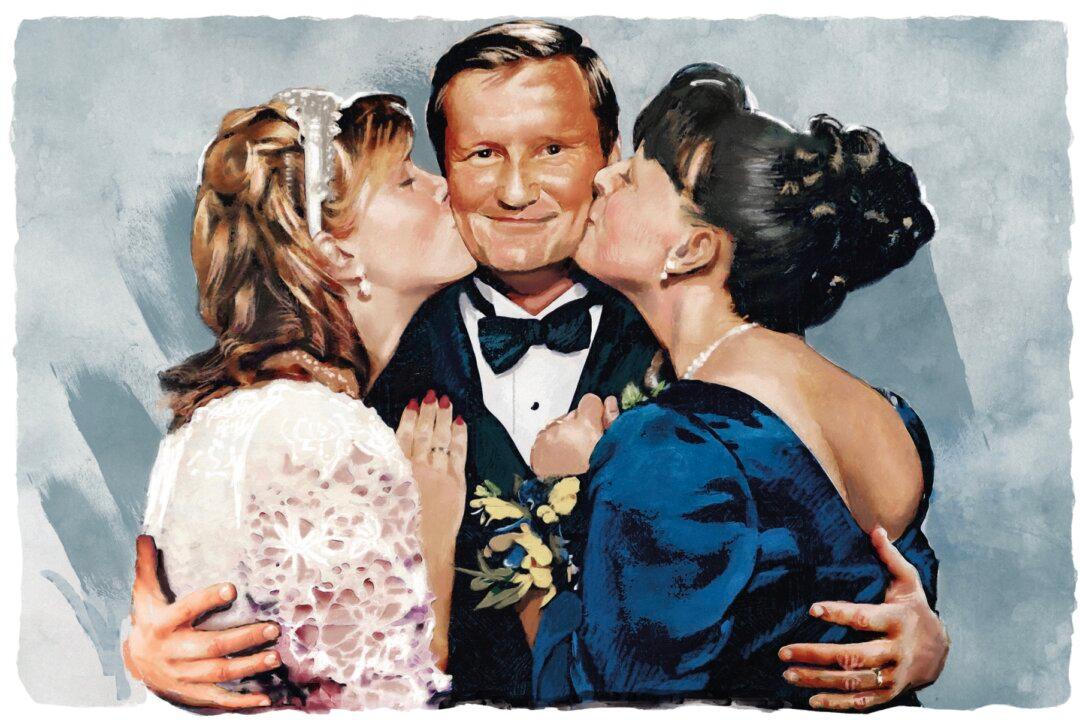As a kid, I remember sitting down for family dinner with Mom, Dad, and my sister Susan. The telephone on the wall would ring, and my mom would answer the phone and hand it to my father, who had just gotten home from a long day at work. After a few words, Dad would walk over and start putting his work boots back on. Mom’s question would be, “What happened?” We already knew that his dinner plate would be left in the fridge for later. No matter how long his day already was, someone needed help. If it was a brother-in-law’s hot water heater or a friend with a dead car battery, he was on his way. He would either grab tools before he left the house or stop for supplies on the way.
This work ethic and commitment to friends and family were instilled in us as the way all normal people react. I learned later in life that some other people find it strange to drop everything and help with a project when there isn’t anything in it for them. We didn’t have Instagram or Facebook, where he could post a selfie of himself helping someone. No one would ever know how many people he helped. But this work ethic came easy to Tom Teasel, as it had to his father. We continue it, and so do our children.

